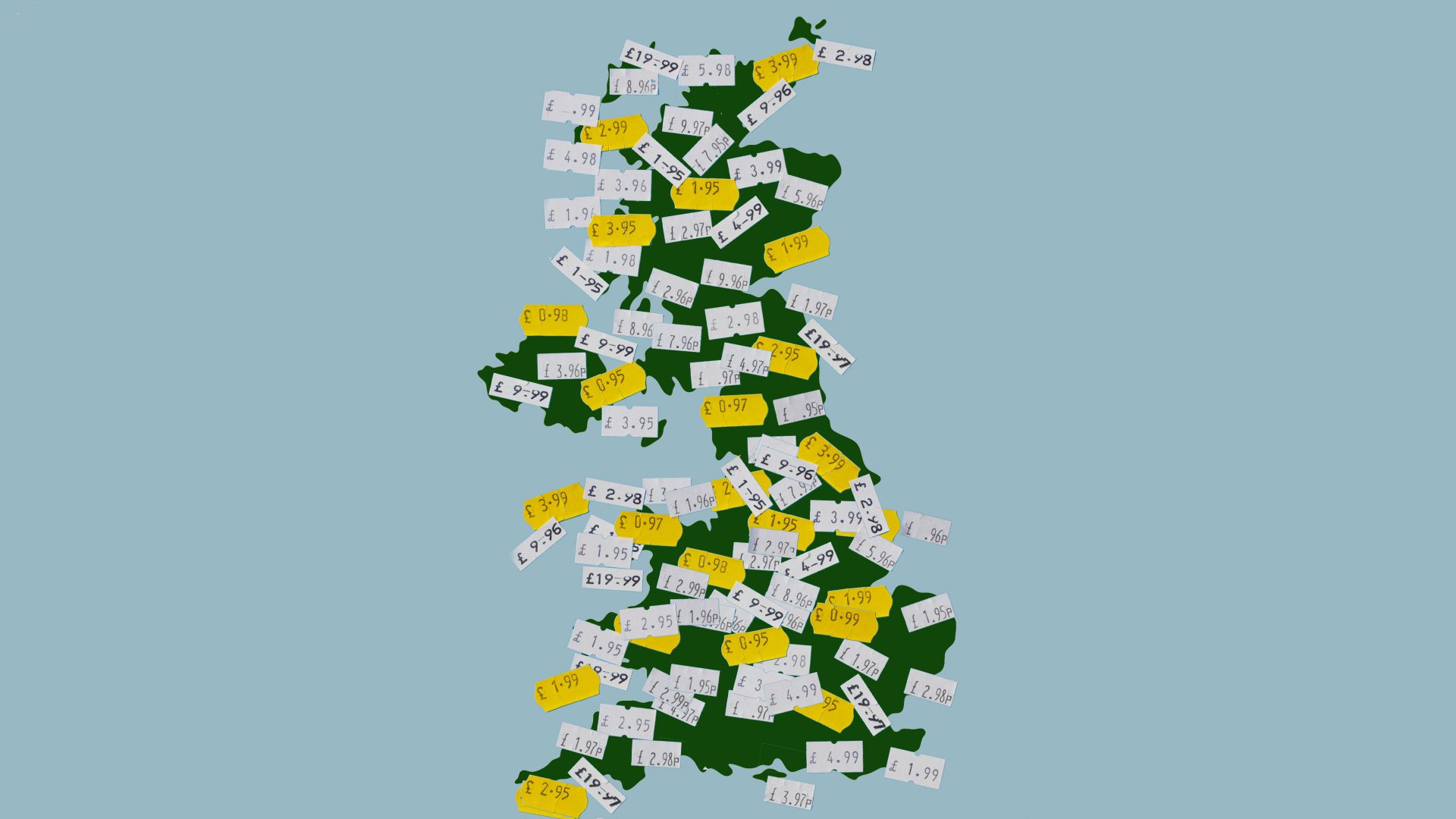Talk that Brexit has cost the country, both economically and politically, is growing louder. Earlier today, Work and Pensions Secretary Mel Stride conceded that Brexit has delivered a blow to efforts to attract investment to the UK.
This followed a revelation from none other than the Levelling Up secretary Michael Gove who voiced his thoughts on Brexit’s shortcomings at a “secret” summit over the weekend. Now, another senior Bank of England official has joined the growing ranks of critics.
According to Jonathan Haskel, an external member of the Bank’s monetary policy committee, the UK has suffered a loss of business investment worth £29bn – or £1000 per household – since the Brexit referendum.
Haskel said that private sector investment “stopped in its tracks” in the years following Britain’s decision to leave the European Union. In the wake of the vote, he added, the UK fell behind the pattern it had been following for the previous six years and “suffered much more” compared with other major industrialised economies. Britain’s exit, and Boris Johnson’s decision to leave the single market and customs union, seem to have left its economy with permanent scars.
Previous studies looking at Brexit’s impact on the UK’s loss of income or GDP have focussed on trade. Haskel instead approached his calculations using business investment as the measurement to reach the same conclusion as the Office for Budget Responsibility.
In an interview with the newsletter, the Overshoot, he said: “Imagine that business investment hadn’t basically flattened out after the 2016 referendum and instead rose as real investment did in more or less every other country.”
“What you could do is you could ask the computer to sort of simulate what would’ve happened to the capital stock, had investment carried on growing at the pre-referendum rate, and then figure out what the gap is between that simulated number and the actual number, which is a consequence of flat investment,” he said.
“If you do all of that you find that the current productivity penalty is about 1.3% of GDP. That 1.3% of GDP is about £29bn, or roughly £1,000 per household,” he added.
This comes just over a week after the Bank of England policymaker Catherine Mann strode into the debate, blaming the country’s inflation on Brexit, and mere days after the not-so-secret cross-party summit to discuss Britain’s difficulties after leaving the EU and what should be done about it. However, with Number 10 now washing its hands of Gove’s remarks, going around in circles feels more likely than further Brexit U-turns.










